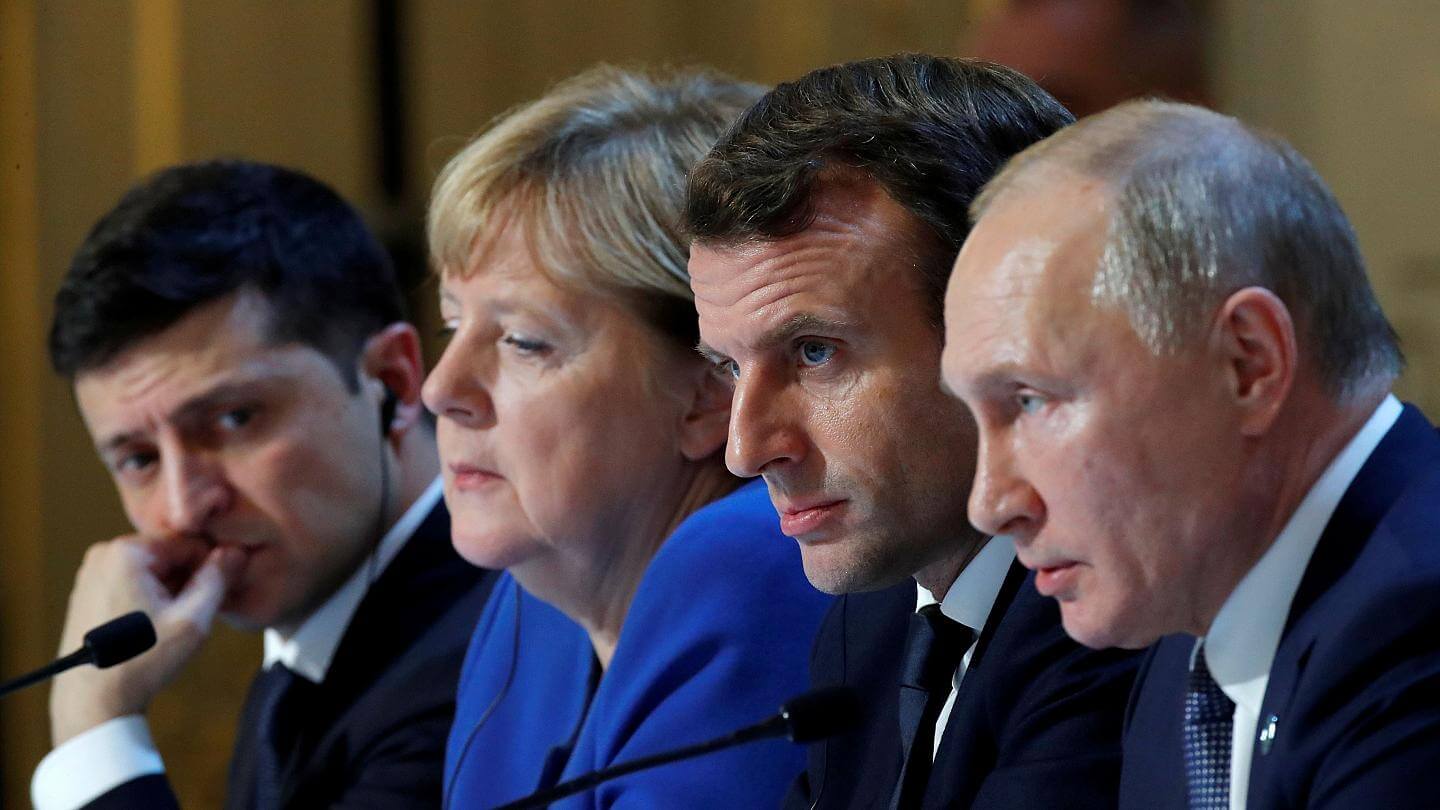On Tuesday, French President Emmanuel Macron and German Chancellor Angela Merkel held a virtual meeting with Russian President Vladimir Putin, wherein they discussed enhancing vaccine cooperation. A statement released by Macron’s office said that Macron and Merkel spoke of the possibility of importing Sputnik V, a Russian COVID-19 vaccine, into the European Union (EU). In this regard, the leaders reassured Putin that the European Medicines Agency (EMA) would conduct a review of the Russian candidate in accordance with the same standard that is being used for other vaccines. Further, according to a readout shared by the Kremlin, the officials also discussed the prospects for expedited shipments to the bloc, along with the possibility of joint production with EU member states.
The EMA began its review of Sputnik V in March. Experts from the bloc are also scheduled to visit Russia to critically examine the results of the clinical trials, along with assessing and inspecting the production facilities and process.
Previously, several European leaders had raised questions about the Russian-made jab. For instance, European Commission President Ursula von der Leyen called on Russia in February to explain why it was seeking to export millions of doses despite a slow domestic roll-out. However, the faltering vaccine drive in the EU has resulted in these concerns being set aside.
The EU’s vaccine program has faced severe criticism since its commencement. In the initial stages, it was chided for the delays in expediting the approval of the vaccine candidates, which several commentators believed to have been unnecessarily extended. Now, the insufficient production of the vaccines poses another threat to the bloc’s immunisation drive. In fact, these negative assessments resulted in von der Leyen admitting that the bloc had committed significant mistakes in its vaccine program. In a statement made to the Süddeutsche Zeitung last month, she said, “We were late to authorise. We were too optimistic when it came to massive production … and perhaps too confident that what we ordered would actually be delivered on time.” However, with new vaccine candidates set to be approved by the bloc’s authorities, along with large shipments from Pfizer, Moderna, and AstraZeneca scheduled to arrive in April, the situation is likely to improve.
The inoculation drive has also been tainted by vaccine scepticism amongst the European public and the governments. The AstraZeneca vaccine in particular faced significant backlash, with many public health experts within the bloc raising concerns about its effects on the elderly. Several European countries, including France and Germany, had also temporarily suspended the use of the AstraZeneca candidate last month after an incident in Norway in which three healthcare professionals developed blood clots and had a low count of blood platelets just days after receiving the AstraZeneca vaccine. However, following the European Medicines Agency’s assessment, which reiterated the safety of the candidate, the rollout was resumed.
Against the backdrop of these challenges, Austrian Chancellor Sebastian Kurz, who had previously accused the bloc of discriminatory practices in the distribution of vaccines to its member states, announced on Tuesday that his government had already spoken with Russia to purchase a million doses of the Sputnik V shot. He said, “There must be no geopolitical blinkers regarding vaccines … The only thing that must count is whether the vaccine is effective and safe.” Hungary and Slovakia, who are both members of the EU, have also procured doses of the vaccine from Russia.
Apart from vaccine cooperation, Macron, Merkel, and Putin also spoke about several controversial issues, including the arrest of Alexei Navalny, and the situation in Ukraine and Syria. The French and German leaders enquired about Navalny’s health and reminded the Russian premier of his country’s obligations under the European Convention on Human Rights, which Moscow is a party to. Macron and Merkel also reiterated the importance of abiding by the terms of the ceasefire agreement in eastern Ukraine, where Russia-backed separatist forces have been mired in a long-drawn conflict with pro-government forces since 2014. Additionally, they also discussed the security situations in Libya and Syria.
Merkel and Macron Discuss Use of Sputnik V COVID-19 Vaccine in EU With Putin
German Chancellor and French President Emmanuel Macron spoke with Russian President Vladimir Putin about the possibility of adding the Sputnik V COVID-19 vaccine to the EU's inoculation programme.
April 1, 2021

Ukrainian leader Volodymyr Zelenskiy, Germany's Angela Merkel, France's Emmanuel Macron, and Russia's Vladimir Putin. SOURCE: REUTERS
